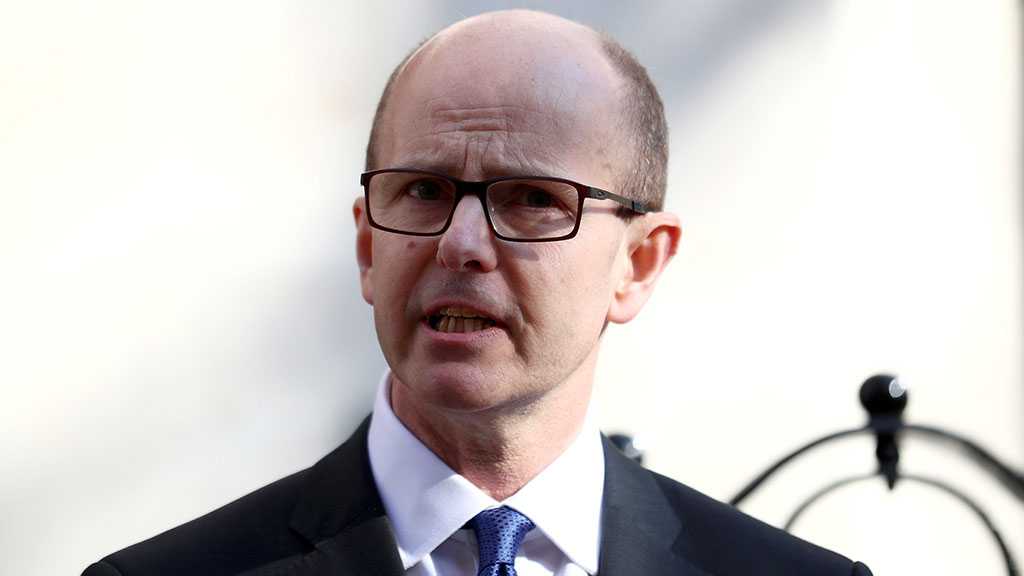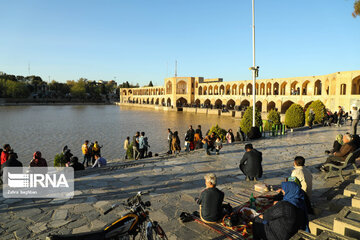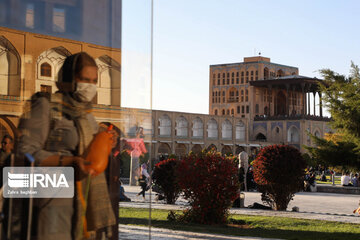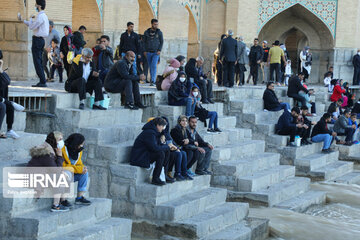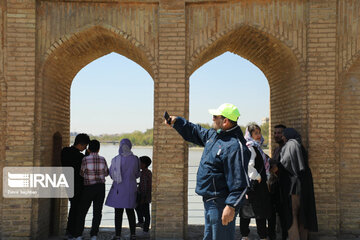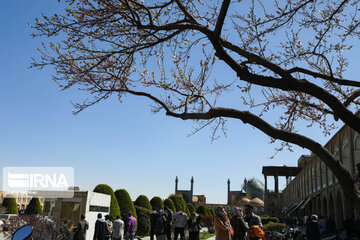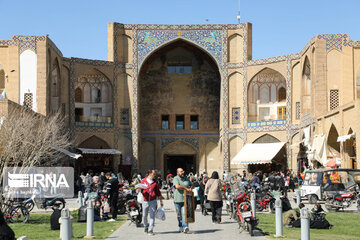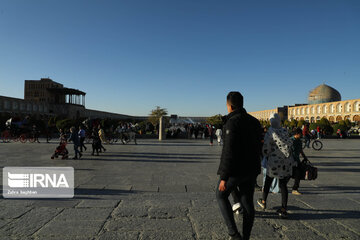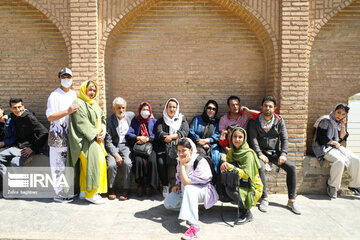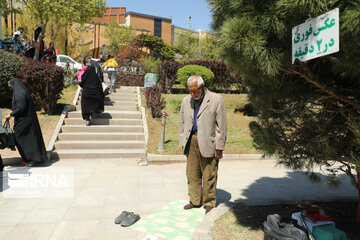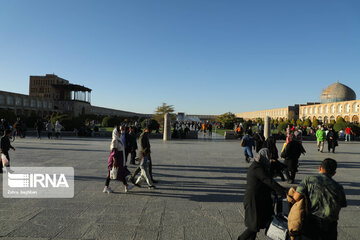The worldwide campaign of support for hip hop artist and political campaigner Lowkey is growing. Following the publication of Monday’s open letter backing the British-Iraqi rapper’s right to freedom of speech, more than 100 academics, journalists and other public figures have signed a letter of public support, denouncing what they see as a “coordinated smear campaign to demonize, defame and deplatform him.”Among the most notable signatories include Princess Dana of Jordan, a UNESCO Goodwill Ambassador, American linguist and political scientist Noam Chomsky and philosopher and political activist Cornel West.
In recent weeks Lowkey – a tireless campaigner for Palestinian human rights – has been the target of a disingenuous attempt to destroy his career, led by pro-Israeli groups, many of whom are either directly funded or staffed by individuals from the Israeli Embassy in London. Following their pressure campaign, his talks and performances at universities have been postponed or canceled. Meanwhile, the lobbying group “We Believe In Israel” is trying to remove his music from streaming platform Spotify. Even British Prime Minister Boris Johnson has involved himself in the affair, seemingly fully supporting the witch hunt against him and signaling this could be the first of many similar efforts to silence pro-Palestinian voices.
In addition to Chomsky, dozens of prominent Jewish voices have rejected the Israel lobby’s attempts to silence Lowkey and signed the letter. These include writer and activist Naomi Klein, Professor Peter Beinart, editor-at-large of Jewish Currents magazine, and journalist and lawyer Glenn Greenwald. A number of prominent Israelis have also endorsed Lowkey, including historians Avi Shlaim and Ilan Pappé, as well as activist Miko Peled.
Since its publication on Monday, more musicians and entertainers, such as electronic music legend Brian Eno, comedian Frankie Boyle, and rappers Akala and Immortal Technique, have also asked to have their names added to the letter.
After MintPress exposed last week the yearslong campaign of spying and intimidation launched against Lowkey, messages of support have been pouring in from around the world. “The Zionist led campaign to get Lowkey’s music removed from Spotify uses the same cynical tactics as sites like Canary Mission — intimidate and silence those who express solidarity with Palestine by threatening to make their careers suffer,” wrote human rights group, Jewish Voice For Peace.
“Solidarity with Lowkey,” tweeted musician Maverick Sabre, adding;
“His music is his message, and his message has never been hatred or division, only education and discussion. He fights for what he believes in, you don’t have to agree with him but his voice should be allowed to be heard not silenced.”
The letter of support for Lowkey is now open for members of the public to sign at Change.Org.
The full text, along with a selection of the more prominent individuals to have signed it, is as follows:
Spotify: Do not buckle to pressure to deplatform Lowkey
We artists, musicians and other public figures and organizations are deeply concerned by the coordinated campaign against rapper and campaigner Lowkey.
Lowkey has become the target of a coordinated smear campaign to demonize, defame and deplatform him. Earlier this month, organized groups forced the University of Cambridge Palestine Solidarity Society to postpone his lecture and were able to stop his appearance at the National Union of Students in Liverpool.
Now, a campaign by lobby group “We Believe in Israel” is demanding that his content be removed from music streaming service Spotify. This is unacceptable censorship.
The campaign against Lowkey is designed to silence Palestinians and their supporters. Anti-Palestinian censorship is now reaching into the artistic realm. Today Lowkey; tomorrow, who is next?
Lowkey’s music has inspired and energized millions around the world and ignited an interest in many about the issues he raises in his work. As a relentless advocate for Palestinian human rights, he is a target for many who would rather his message not be heard.
This is precisely the reason for the recent campaign against him. We hereby call on Spotify and all other platforms not to buckle to pressure groups who would rather see his music removed than grapple with the issues he highlights in his music.
Signed below:
Journalists, Politicians, Academics and Media Figures
Noam Chomsky, Laureate Professor of Linguistics, University of Arizona
HRH Princess Dana Firas of Jordan, UNESCO Goodwill Ambassador
Cornel West, philosopher, social critic
John Pilger, filmmaker and journalist
Glenn Greenwald, journalist
Naomi Klein, author and activist
Peter Beinart, professor, editor-at-Large, Jewish Currents
Mohammed el-Kurd, journalist and activist
Muna el-Kurd, journalist and activist
Andrew Feinstein, former South African ANC politician and anti-Apartheid activist
Ronnie Kasrils former minister, South African government
Nkosi Zwelivelile Mandela, member of the Parliament of South Africa.
Vijay Prashad, writer and activist
Avi Shlaim, Emeritus Professor of International Relations, University of Oxford
Ilan Pappé, Professor of History, Exeter University
Jill Stein, politician, Green Party nominee for U.S. President, 2012, 2016
Chris Hedges, journalist
Abby Martin, journalist and filmmaker
Mike Prysner, journalist and filmmaker
Aaron Maté, journalist
Yasha Levine, journalist
Ben Norton, journalist
Mark Ames, journalist
Max Blumenthal, journalist
Katie Halper, journalist
Leilani Farha, Human Rights Advocate and former UN Special Rapporteur
Sut Jhally, Professor of Communication, University of Massachusetts Amherst
Miko Peled, Israeli activist and author
Mark Seddon, Director for the Centre of UN Studies, former speechwriter for the UN Secretary General, Ban Ki-Moon
Zeina Ashrawi Hutchinson, human rights activist
Medea Benjamin, peace campaigner, CODEPINK
Mnar Adley, journalist
Asa Winstanley, journalist
Alan MacLeod, journalist
Alexander Rubinstein, journalist
Dima Khatib, journalist
Hoda Katebi, writer and activist
Nora Barrows-Friedman, journalist
Ahmed Shihab-Eldin, Journalist
Hussain Manawer, Poet, Writer, Mental Health Advocate,
Leanne Mohamad, British Palestinian Student Activist
Huda Ammori, activist, Palestine Action
Majed Abusalama, researcher and activist
Catherine Chiniara, senior lecturer, University of Westminster
Doug Henwood, journalist
Ahdaf Soueif, writer
Noura Erakat, Human Rights Attorney and author
Huwaida Arraf, Civil/human rights attorney and activist
Mira Bar-Hillel, journalist
Yara Hawari, AlShabaka: The Palestinian Policy Network
David Miller, Spinwatch
Hanan Ashrawi – Palestinian political and civil society leader
Loubna Qutami, Assistant Professor, Department of Asian American Studies, UCLA
Karim Mussilhy, Vice Chair of Grenfell United
Susan Abulhawa, novelist
David Mivasair, rabbi
Mickey Huff, professor of social science, history and journalism at Diablo Valley College, Director, Project Censored
International Jewish Anti-Zionist Network
DoubleDownNews
Africa4Palestine, Johannesburg
CODEPINK
Bob Jeffery, President of Sheffield TUC.
Jennine Khalik, journalist
Alya Mooro, author
Alfreda Benge, artist
Richard Kuper – Labour Party, Jewish Voice for Labour
Suhaiymah Manzoor-Khan, poet and activist
María Emilia Tijoux, University of Chile
Dr Brooke Maddux psychiatrist
Dr Hilary Lester, psychoanalyst
Dr Teresa Bailey, consultant child and adolescent psychotherapist
Dr Carolyn Austin, analytical psychologist
Dr Pamela Blakelock, group analytic psychotherapist
Mostafa Salameh, Polar adventurer and writer
Salman Abu Sitta, Founder Palestine Land Society
Victoria Brittain, Journalist
Carol Churchill, Playwright
Dr Ghada Karmi, Academic and Writer
Professor Nur Masalha, academic
Betty Hunter, Honorary President, Palestine Solidarity Campaign
Music, Entertainment and Sports
Roger Waters, Grammy Award nominated and BAFTA winning musician
Michael Malarkey, actor
Anwar Hadid, model
Farah Nabulsi, Academy Award nominated and BAFTA winning filmmaker
Frankie Boyle, comedian and writer
FredWreck, Grammy Award-winning music artist and record producer for Dr. Dre & Snoop Dogg
Wretch 32, musician
Brian Eno, musician
Charlie Sloth, DJ
Akala, musician
Immortal Technique, musician
Mark Ruffalo, actor
Guz Khan, comedian and actor
Aymen Hamdouchi, actor
Billy Dib, former IBF featherweight champion
Mim Shaikh, broadcaster and actor
Chirolles Khalil, UK Music Video Awards nominated director
Ken Loach, director
Ana Tijoux, Grammy Award nominated and Latin Grammy Award winning singer
Ghetts, musician
Avelino, musician
Bu Kolthoum, music producer, hip-hop & soul artist
Maverick Sabre, musician
Yassin Alsalman (Narcy), music artist
Khxled Siddiq, musician
Dexplicit, record producer
Mr Hudson, musician
K Koke, musician
Styles P, musician
Blay Vision, musician
Tamar Nafar, musician
Zekaria al-Bostani (Zek Snaps), photographer
Elliot Hensford, creative director, photographer
Charlie Sarsfield, director
Robert Wyatt – Musician
K Salaam – musician





